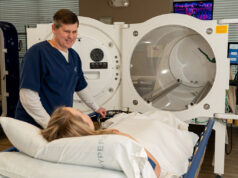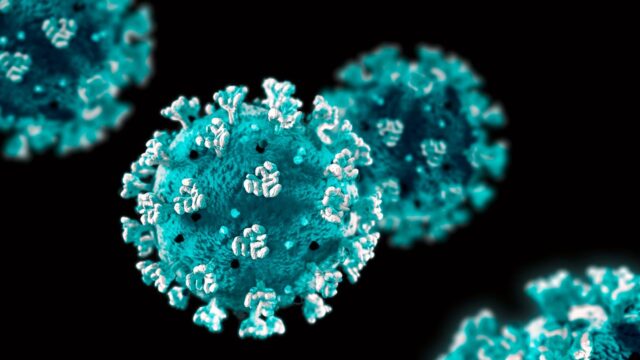
When public health is concerned, it’s easy for a single rumor to take off and cause widespread panic. We’ve seen this first-hand with COVID-19 – the spread of rumors is leading to discrimination, fear and confusion. Educating yourself with the facts about the virus will help you to stay calm and behave reasonably as we continue to make efforts to eliminate COVID-19 altogether.
Here are all of the most useful and important facts about COVID-19, based on information provided by the CDC and other resources, that you will benefit from knowing today.
You’re very unlikely to fall seriously ill with COVID-19
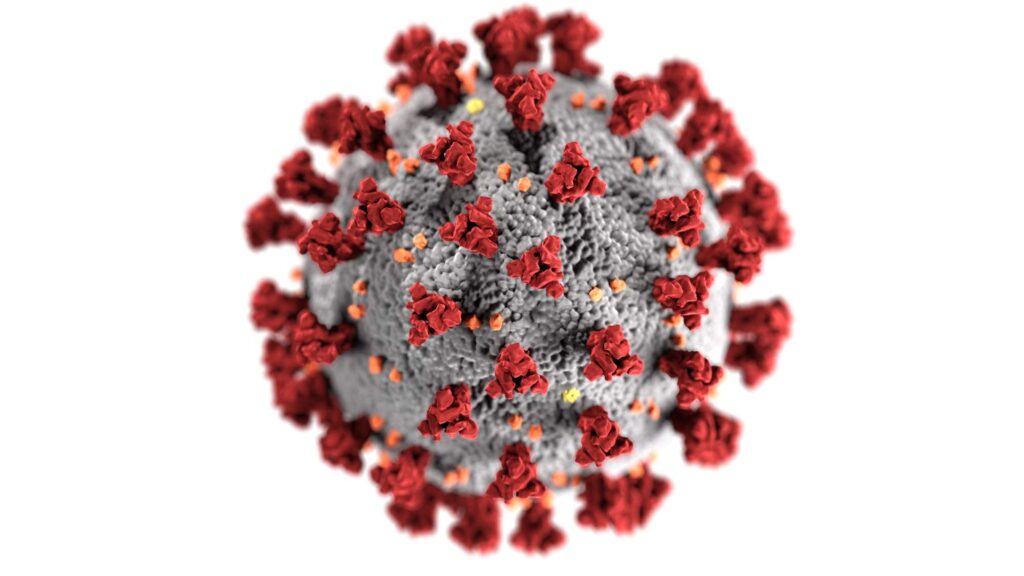
Hearing about the COVID-19 daily death toll can incite fear that we are all at risk of falling seriously ill with the virus. The mortality rate is actually very low – even in New York, for instance, it was estimated that the mortality rate was 0.28%, or 279 deaths per every 100,000 people, at the time of reporting in May.
You can catch a disease no matter your ethnicity or race
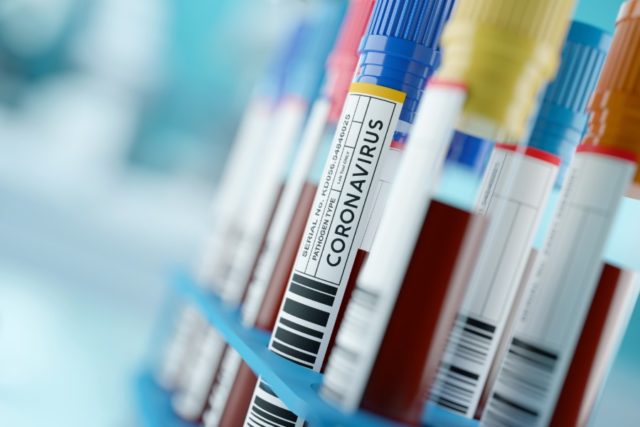
While there seems to be a pattern amongst some races and ethnicities being at higher risk of contracting Coronavirus, none of us are immune from falling ill, just as we’re not immune from contracting a common cold. The same goes for the age – though the elderly are more vulnerable to the side effects of COVID-19, it can still affect the younger population.
If someone has self-isolated for 2 weeks, they’re not dangerous
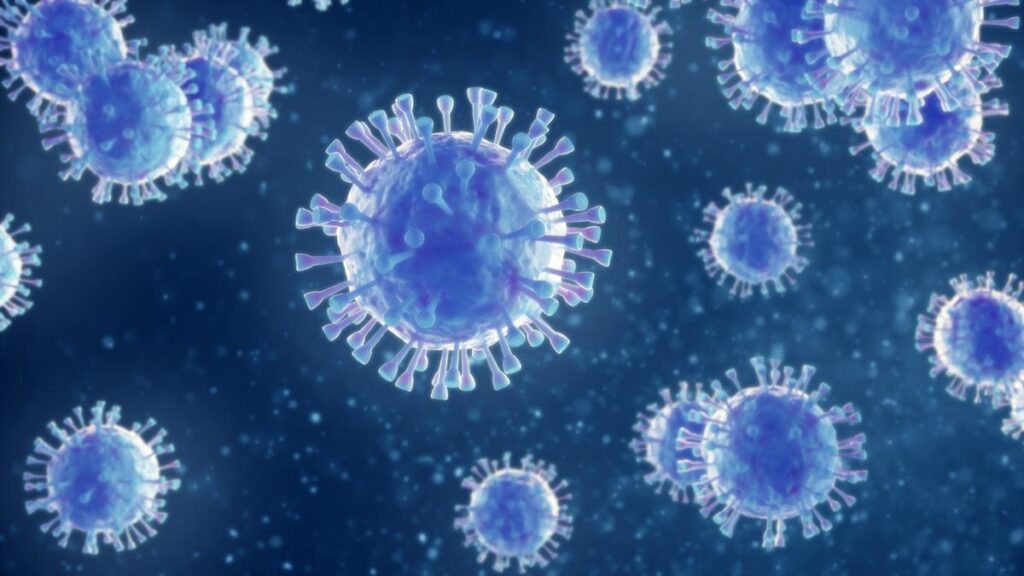
There’s no need to avoid someone who’s had Coronavirus and recovered or someone who has been in contact with someone who had the virus and carried out a 2-week period of self-isolation. Just like any virus, COVID-19 leaves a person’s system after a certain period of time, and they are not a danger to be around.
Ventilators are much cleverer than you think
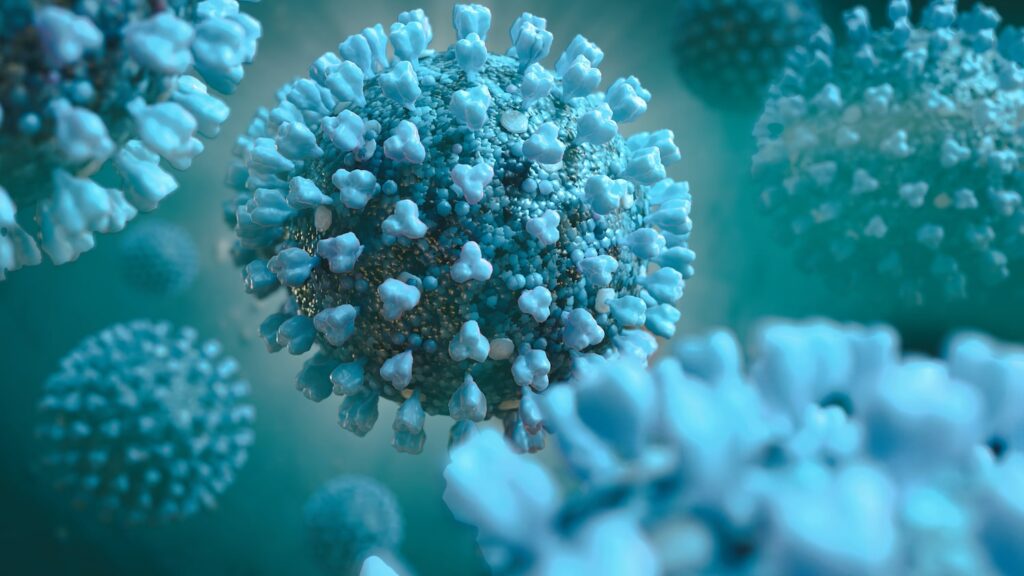
Some COVID-19 patients may require supplemental oxygen via a ventilator or a respirator as a result of complications from the virus. If a patient is put on a ventilator, it’s not a sign that they are losing their battle with COVID-19. Ventilators are incredibly clever, and use sensors to detect a patient’s blood oxygen levels mentions Sensoronics. This can help to keep a patient alive during their COVID-19 recovery.
Thermal scanners don’t always provide COVID-19 detection

Many businesses are using thermal scanners to detect the high temperatures in a person to ensure that they don’t have Coronavirus. What’s important to remember about these thermal scanners is that while fever (or high temperature) is a sign of COVID-19, it’s also a sign of many other illnesses, or even simply that you’ve been working out or it’s a particularly hot day. If your temperature has scanned high, don’t panic. Seek medical advice if you feel you need to.
There are currently no drugs to treat COVID-19
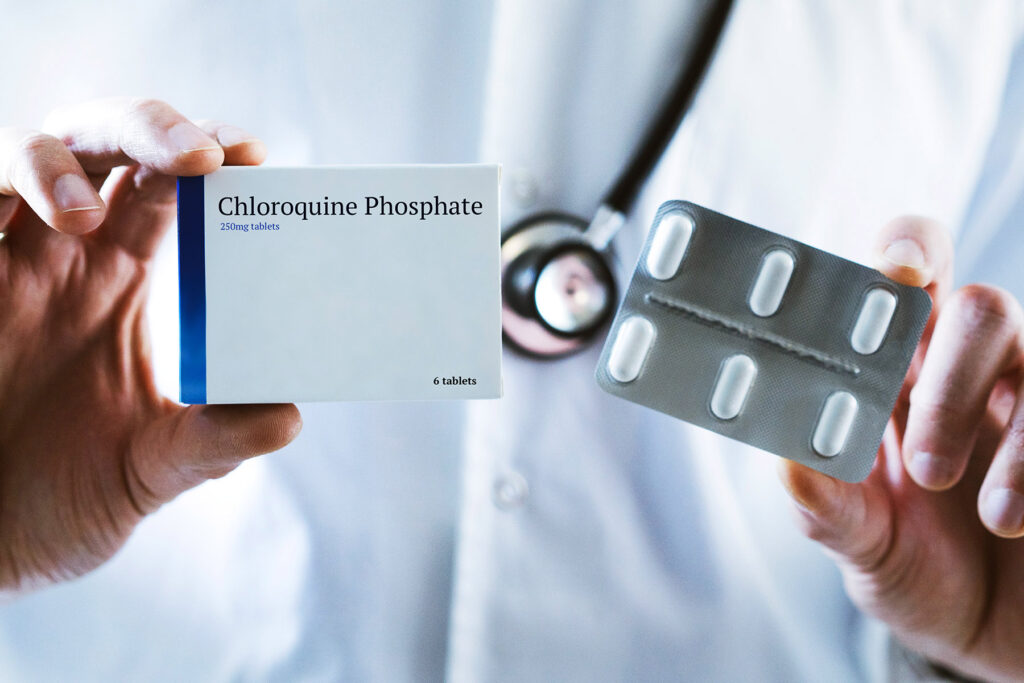
Despite rumors on the internet, no drugs are currently safe or certified for the treatment of COVID-19. Bed rest and self-isolation are the best ways to protect yourself and your peers if you fall ill.



